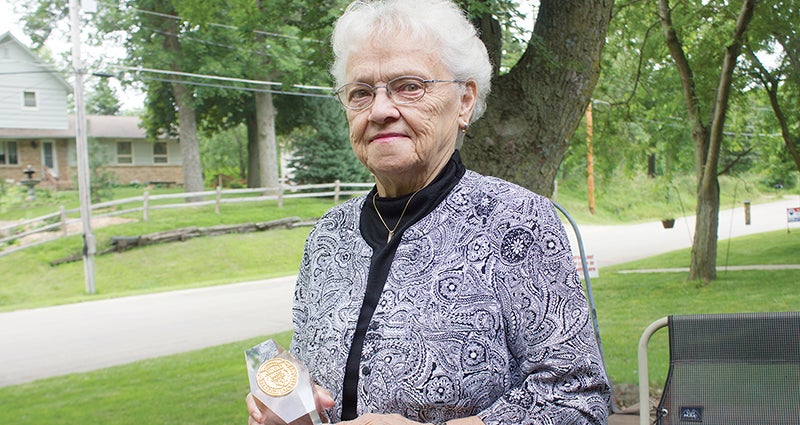Dayton, GOP reach a disappointing end to special session talks
Published 10:12 am Thursday, February 4, 2016
The economic distress felt this winter on Minnesota’s Iron Range is not the result of a flood or tornado. But the financial storm for hundreds of households running out of unemployment benefits in and around eight idled taconite plants is surely akin to the natural cataclysms that often have triggered special sessions of the Legislature. Jobs have been lost indefinitely through no fault of workers’ own. When benefits run out, so will the willingness of some Range residents to remain in Minnesota.
A 26-week extension of unemployment benefits — a move with ample precedent and no cost to the state’s operating budget — was the most compelling of several reasons DFL Gov. Mark Dayton has cited since November for calling the Legislature into special session. He said from the outset that in order to do so, he needed a promise from legislative leaders that the session’s agenda and duration would be limited. He nominated two other agenda items — elimination of a ban on state planning for conversion to federally mandated REAL ID cards and stepped-up measures to address race-based economic disparity.
The Legislature’s DFL caucuses quickly offered their pledges, but Republicans responded with weeks of mixed signals, delays and perceived attempts to win policy concessions or promises from DFLers in exchange. On Tuesday, with the regular session’s start five weeks away, Dayton said he’d had enough. No special session will occur.
That’s regrettable. The failure to provide Iron Range relief tacitly tells anxious workers that their problem doesn’t deserve a timely response. It invites Minnesotans to question whether state government can be trusted as an ally in times of shared trouble — and whether Republicans dragged their feet because the Iron Range is a DFL stronghold. (House Speaker Kurt Daudt, R-Crown, said Tuesday that negotiations stalled over the racial disparity issue, not unemployment benefits. On Monday, he said an extension of unemployment benefits could wait until the regular session.)
With no special session, the opportunity has been lost for a bipartisan accomplishment that could have been a positive springboard to the regular session. The gridlock that marred the 2015 session plainly persists. That’s discouraging in light of an increasingly urgent agenda that now must include Iron Range relief.
Distributed by Tribune Content Agency.



